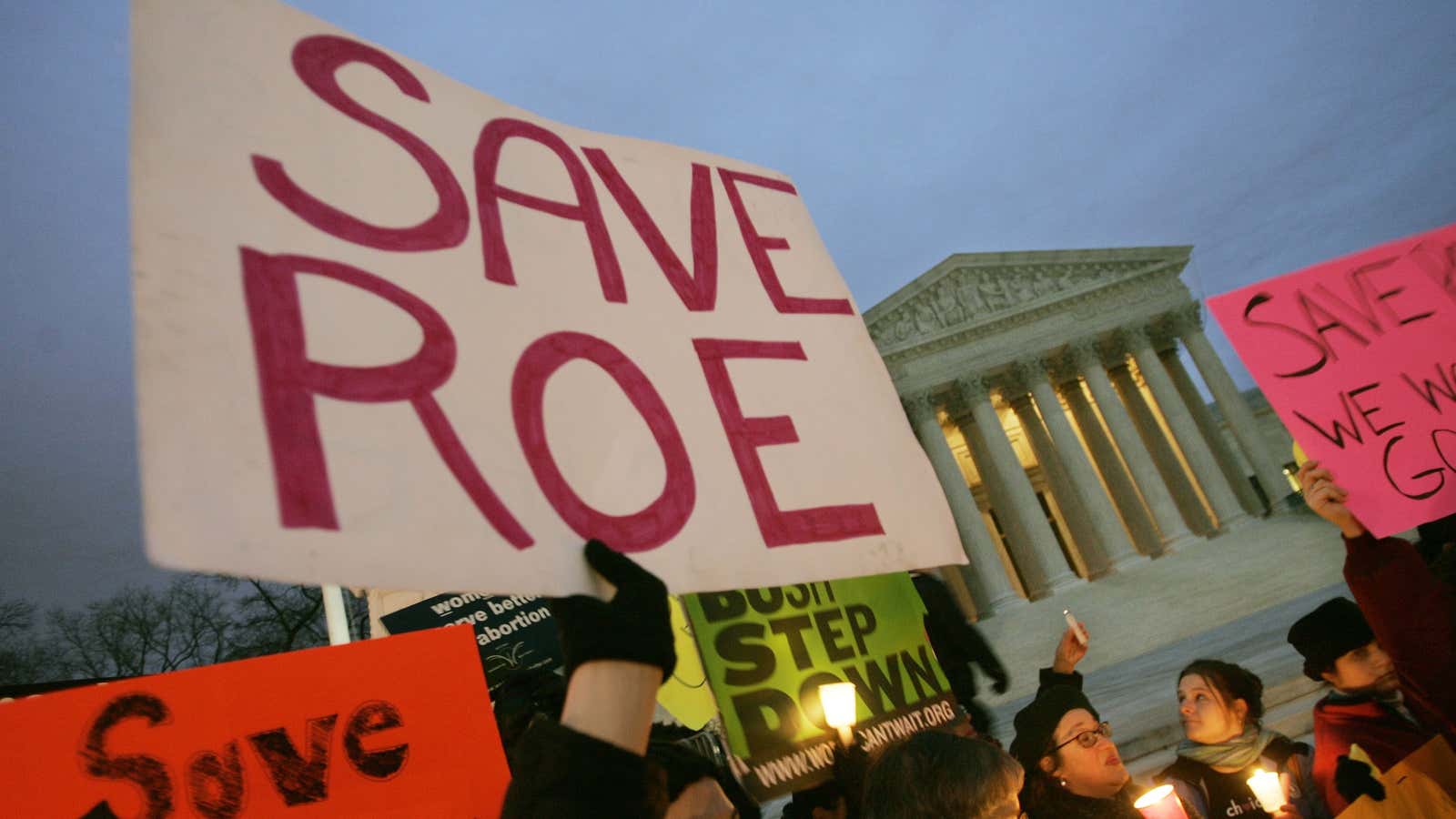It’s only Wednesday, but the US Supreme Court’s already eventful week has reached a dramatic turning point: Justice Anthony Kennedy, arguably the last bipartisan justice on the bench, announced his resignation.
The 81-year-old Kennedy was nominated to the Supreme Court in 1988 by Ronald Reagan. He was a swing voter, who could change his position on different issues according to the merits of individual cases. Because the Supreme Court has a conservative majority, Kennedy’s vote was precious to progressive causes. Come fall, when the Senate plans to vote on his successor, progressives fear a more ideologically conservative candidate will enter the court. Meanwhile, conservatives hope for a new ally in a longstanding battle: Abortion.
Kennedy was not always aligned with liberal judges on reproductive rights and abortion; he voted to uphold the partial-birth abortion ban in Gonzales v. Carhart in 2007. However, he did substantially reaffirm the right to abortion in the two most important cases to follow Roe v. Wade (1973).
- In 1992, in Planned Parenthood v. Casey, a case that could have overturned Roe v. Wade, Kennedy sided with the majority maintaining the right to abortion, demanding that the government not place an “undue burden” on the woman seeking abortion.
- In 2016, he also voted with the majority on Whole Woman’s Health v. Hellerstedt, a case that struck down a Texas law that would have made the majority of abortion clinics illegal, and lent legitimacy to similar regulations in other states.
Since his campaign, Donald Trump had promised to nominate Supreme Court judges who would overturn Roe v. Wade. That could happen if a majority of justices voted in favor of a state law that strictly limited abortion rights (such as the one recently passed in Iowa, which was struck down as unconstitutional by the state’s attorney general). This would pave the way for conservative states to ban abortion; in fact, many have already prepared anti-abortion bills for the day case Roe v. Wade is overturned.
